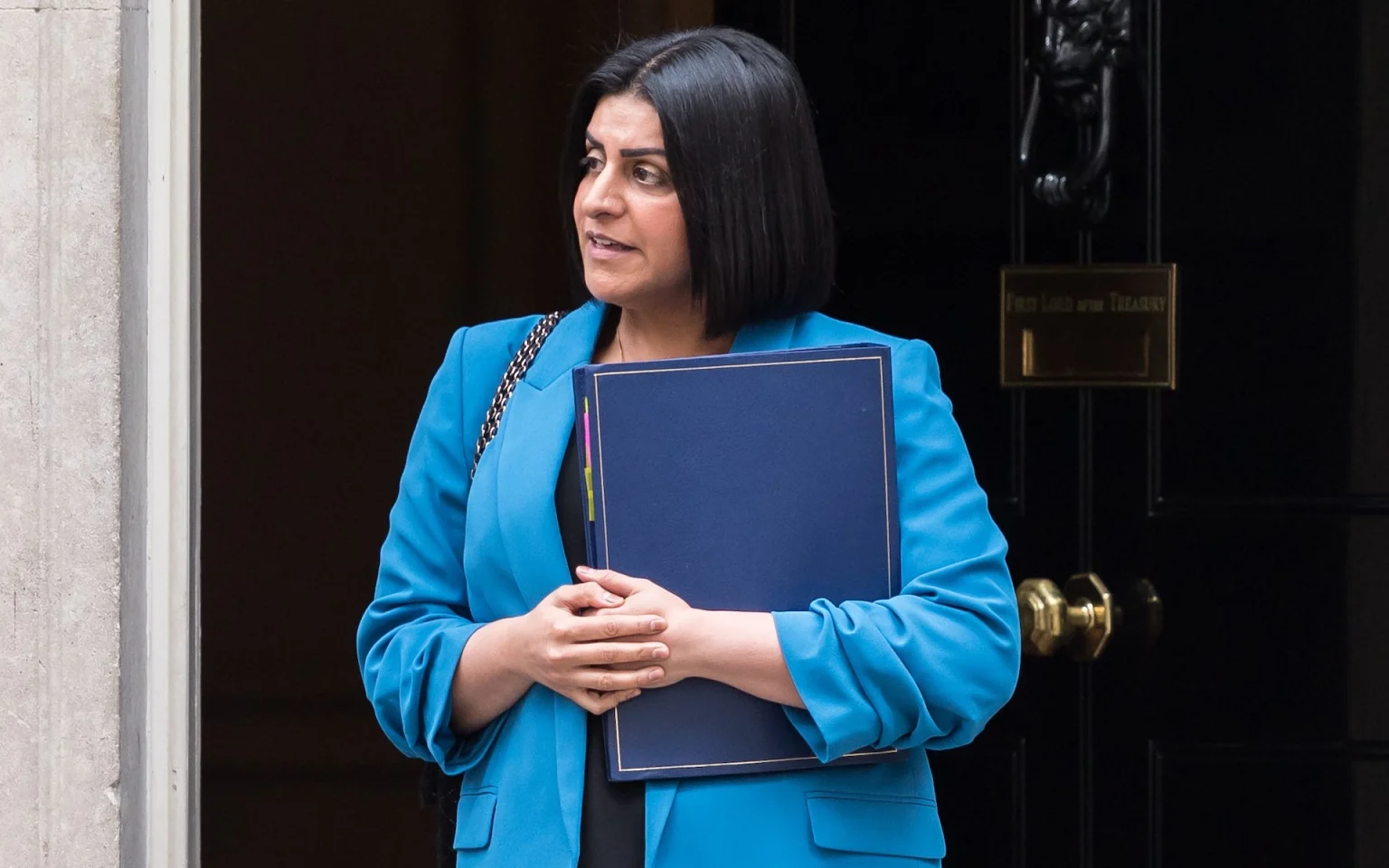Home Secretary Shabana Mahmood is planning a major overhaul of the UK’s immigration and asylum system, drawing inspiration from Denmark’s strict approach, the BBC has learned.
Mahmood’s proposed reforms, set to be unveiled later this month, aim to curb incentives attracting migrants to the UK and make it easier to deport those without legal status.
Officials have studied Denmark’s policies, including tighter rules on family reunions and temporary refugee protections.
In Denmark, most refugees are granted only temporary residence and may be repatriated once their home countries are deemed safe.
The Danish model also imposes age, employment, and financial conditions for family reunification. Refugees living in areas classified as parallel societies where more than half of residents are from non-Western backgrounds are barred from reunification altogether, a policy critics say is discriminatory.
The UK suspended new applications for its Refugee Family Reunion scheme in September while drafting new rules.
Mahmood is expected to take a more restrictive direction, though not as far-reaching as Denmark’s.
Danish Immigration Minister Rasmus Stoklund told the media that his country’s policies make it easier to return migrants who commit crimes and encourage voluntary repatriation, even offering financial incentives. He said the goal was to ensure newcomers “contribute positively” to Danish society.
Mahmood is reportedly eager to meet Stoklund as both countries review how the European Convention on Human Rights affects deportations.
Supporters within Labour believe Denmark’s tough stance helped its centre-left government regain voter trust, a model some think could help Labour counter Reform UK’s rise.
However, critics, including Labour MPs Clive Lewis and Nadia Whittome, warn that adopting Danish-style policies risks moral and political backlash.
They argue such measures echo far-right rhetoric and could alienate progressive voters, deepening divisions within Labour’s ranks.



